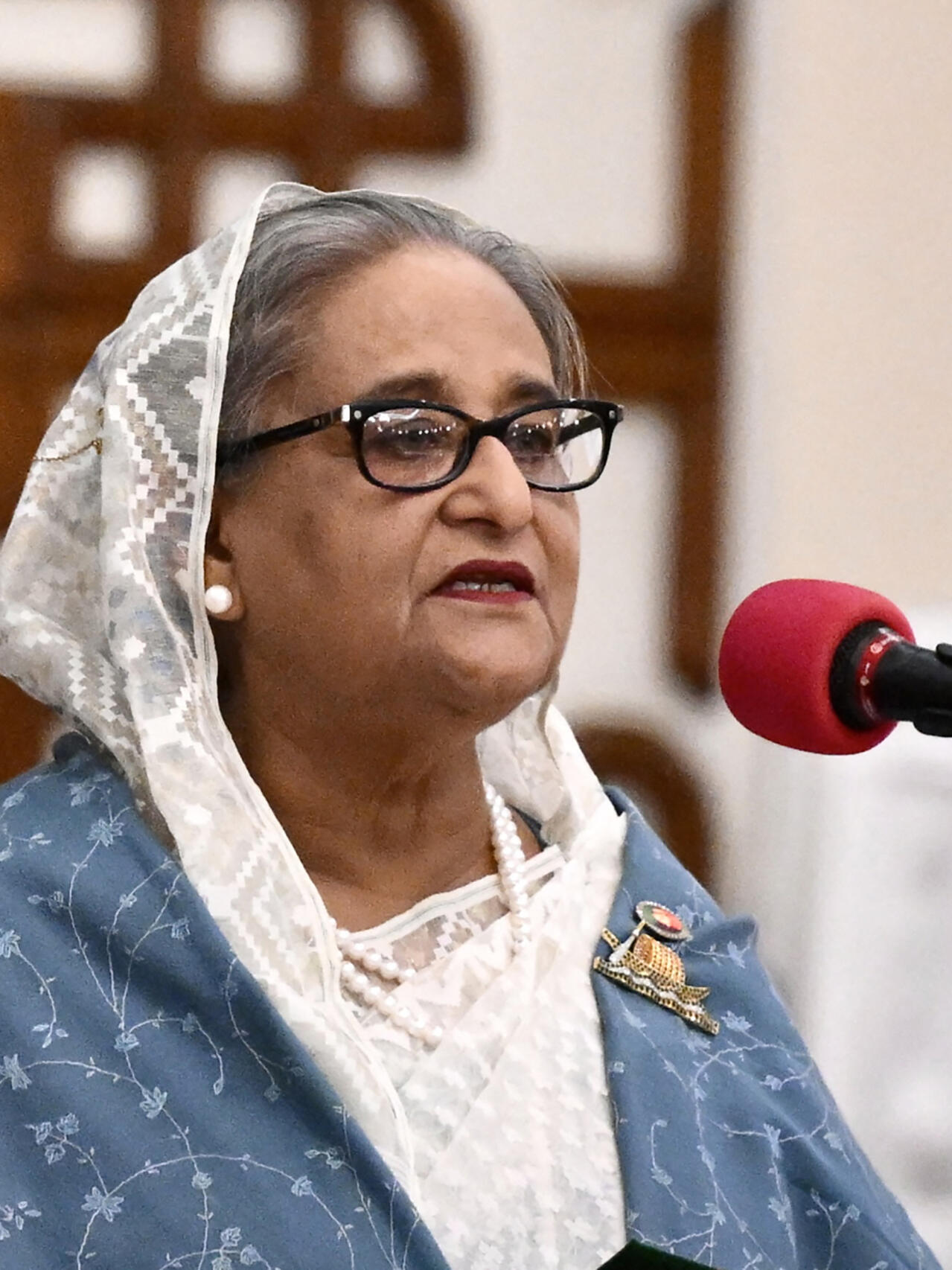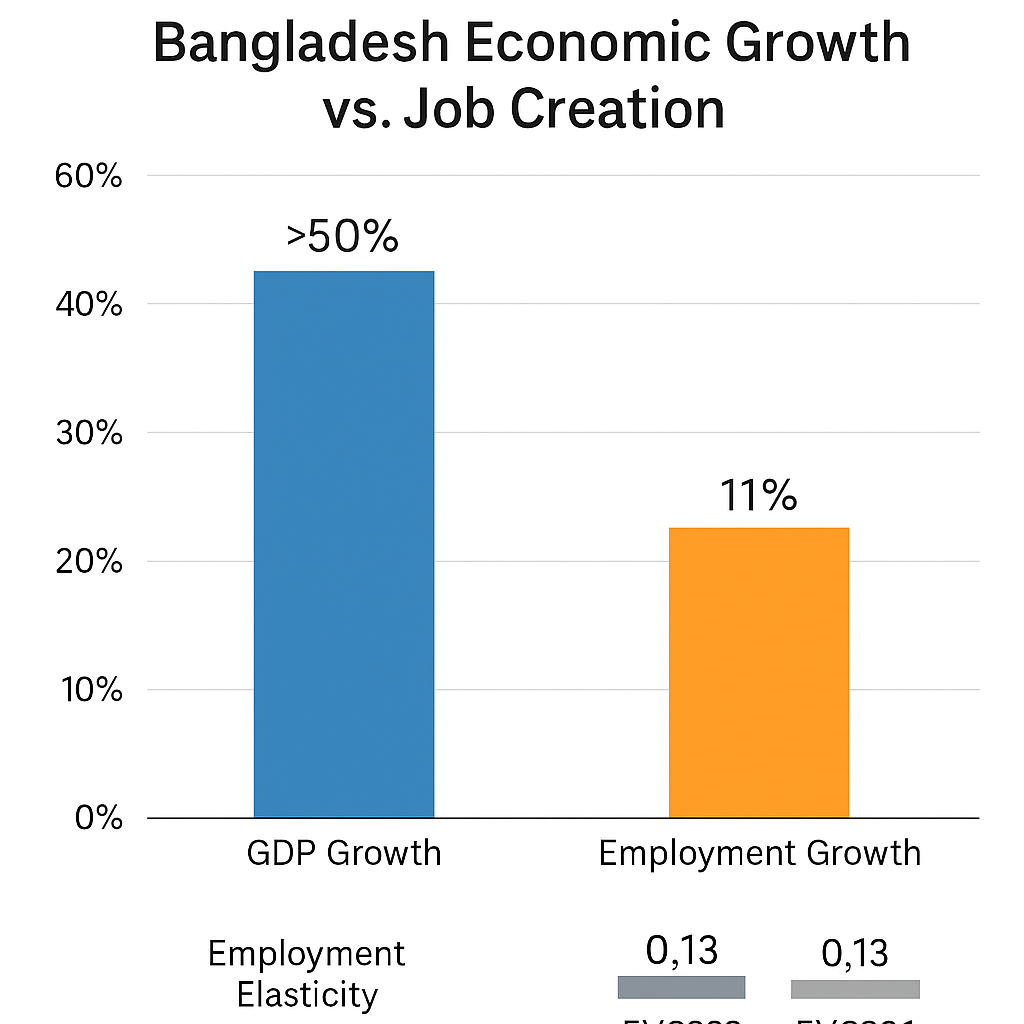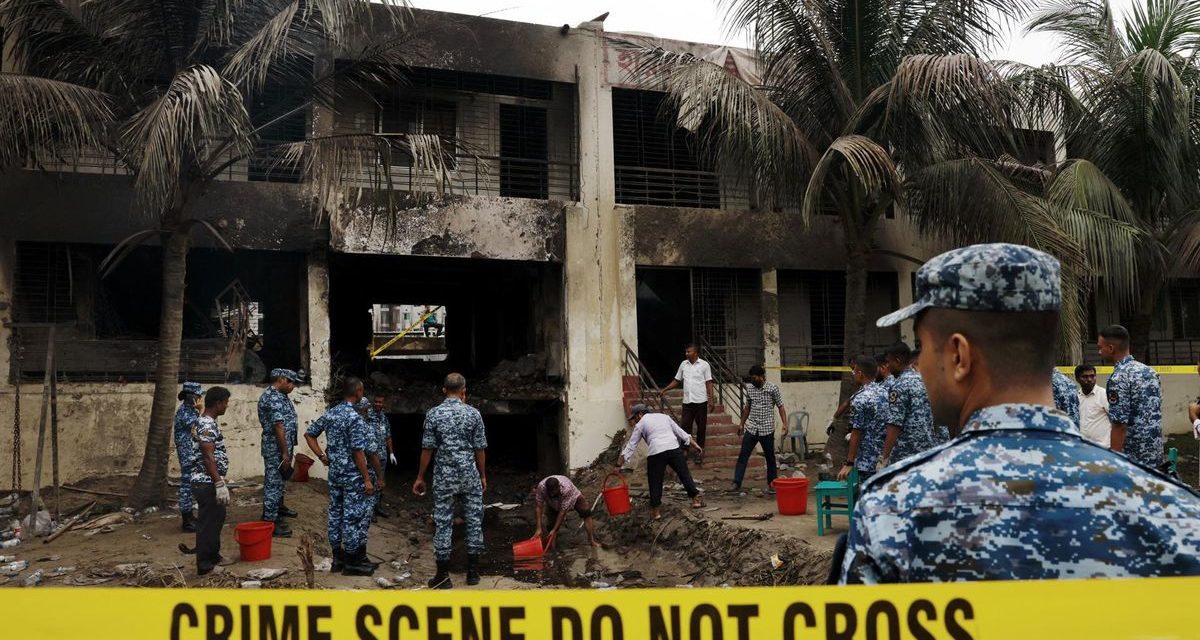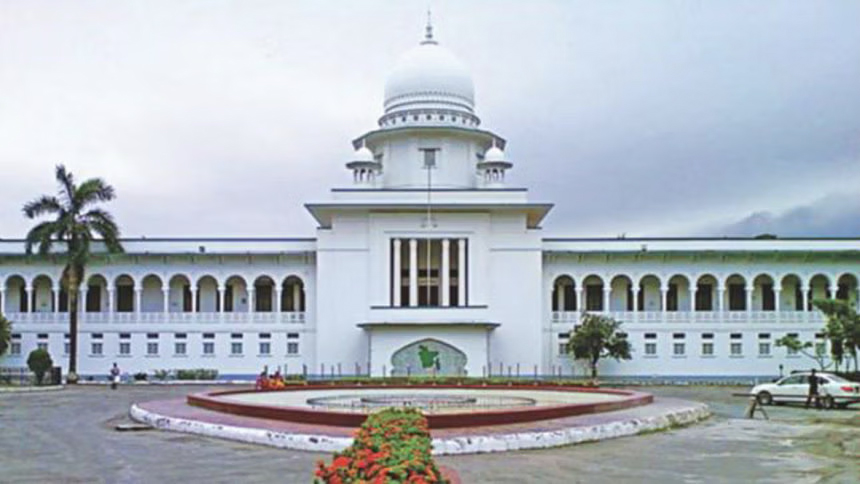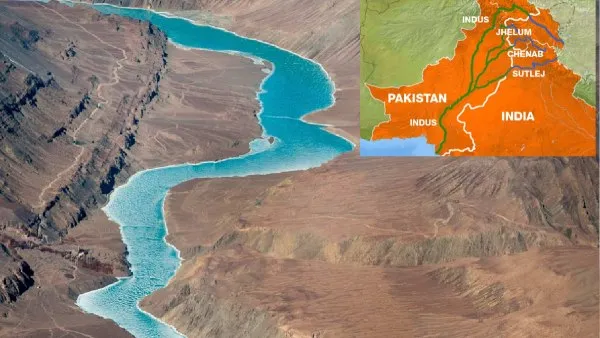
India suspends Indus Waters Treaty
India has confirmed it will not restore the Indus Waters Treaty (IWT) with Pakistan, marking a decisive end to the 64-year-old agreement. Home Minister Amit Shah announced that all water from the western rivers of the Indus basin, previously flowing into Pakistan under the treaty, will now be diverted toward Rajasthan and other Indian states. This declaration follows the Indian government’s earlier suspension of the treaty in April 2025 after a deadly militant attack in Kashmir that claimed the lives of 26 tourists.
The IWT, signed in 1960 with the World Bank’s assistance, was one of the most enduring water-sharing agreements globally. It allocated three rivers each to India and Pakistan, with India controlling the eastern rivers (Ravi, Beas, Sutlej) and Pakistan receiving the western rivers (Indus, Jhelum, Chenab). Even through wars and conflicts, the treaty stood firm—until now.
Following the Pahalgam terror attack in Jammu and Kashmir, which India blamed on Pakistan-based groups, India suspended the treaty on April 23, 2025. Now, with Amit Shah’s latest statement, the Indian government has declared that restoration is off the table permanently. “Pakistan will not receive a single drop of water that belongs to India,” Shah said, adding that this is a matter of national interest and sovereignty.
Government agencies have already begun working on diversion plans. The Ministry of Jal Shakti has confirmed studies are underway to redirect water flow into Rajasthan through expanded canal networks and water conservation infrastructure. This initiative, Shah explained, is designed not only to strengthen India’s agricultural sector but also to prevent what he called the “abuse of shared resources by a hostile neighbor.”
Pakistan, meanwhile, has reacted strongly. Prime Minister Shehbaz Sharif condemned India’s move as an act of “water aggression” and vowed to take the matter to the International Court of Justice and the World Bank. Pakistan’s Water Ministry warned of “catastrophic consequences” for agriculture and human consumption if the water flow is disrupted. Pakistan’s Punjab and Sindh provinces, which depend heavily on the Indus system, are expected to suffer the most.
India insists its decision is rooted in national security, not aggression. Officials argue that a treaty cannot be honored with a country that shelters and supports terrorist groups. They also claim that Pakistan has benefited disproportionately from the agreement, receiving over 70% of the Indus basin’s water while contributing to instability across the border.
Legal experts have pointed out that while the IWT doesn’t have a clear exit clause, India may argue that extreme circumstances, such as acts of terrorism, qualify as justification for unilateral withdrawal. Still, this opens a complicated legal debate, as most international water agreements discourage one-sided terminations.
On the ground, Indian farmers and state officials have welcomed the news. Rajasthan’s Chief Minister stated that the additional water supply will help thousands of drought-hit villages. Plans for new irrigation systems and water harvesting techniques are now in progress across western India.
From an international perspective, this move may set a precedent. Environmental organizations and water policy experts worry that if other countries begin suspending long-standing treaties, global water security could suffer. As climate change intensifies, shared rivers are becoming flashpoints for international conflict.
The United Nations has not formally commented, but regional analysts warn that this could lead to further deterioration in India–Pakistan relations. With both countries being nuclear-armed and having tense borders, water issues could compound the existing diplomatic and military challenges.
India, however, remains firm. “We must think of our people, our farmers, and our future,” said a senior Indian diplomat. “This isn’t just about water. It’s about justice, equity, and protecting our nation from both physical and economic threats.”
India’s move to permanently end the Indus Waters Treaty marks a turning point in South Asian geopolitics. It reflects not just frustration with Pakistan, but a broader shift in how India approaches security, resource management, and bilateral agreements. Whether this will bring stability or stir further conflict is still uncertain—but the era of the IWT is now officially over.
source:https:thedailystar.net


